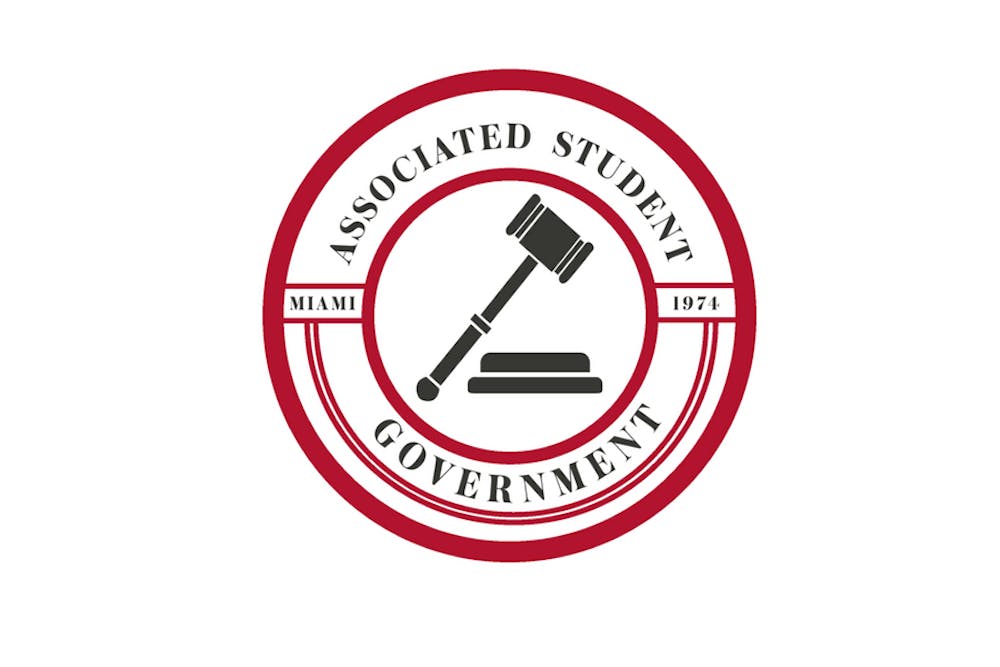Three IT administrators visited the Joslin Senate Chamber on Oct. 3 to extend a hand to Associated Student Government (ASG) and answer questions on the impact of IT across campus.
The panel was led by David Seidl, the vice president of information technology and chief information officer; Brad Grimm, the financial and business services vice president; and Sean Poley, the director of accessible technology. The panel fielded questions from senators about technology on campus and how students interact with it.
A main point of the Q&A session hovered around the state of Wi-Fi connections in different buildings across campus. Multiple senators brought up that their Wi-Fi signal is weaker in some rooms compared to others or in specific spots.
Seidl said that his team is working to remedy the issue by sitting in rooms and testing the connection but can only do so much without more student input.
“You will be surprised how many people are unhappy about a thing but never tell us, and then we can’t fix it,” Seidl said. “Report it to us and it will give us a fighting chance of doing something about it.”
Senator Jeffrey Koch posed the question of why students are required to choose between a physical and digital ID instead of having access to both. Koch brought up a scenario of someone’s phone dying and them needing another ID but not having that option.
“It’s truly a question of security,” Seidl said. “We don’t want anyone to hand someone else their ID to use the money on it or use it on campus.”
Seidl said that in the coming years, the physical ID will be phased out entirely, but there is no set time goal currently.
Following multiple questions about AI’s involvement in higher education, Seidl said Miami has 30 faculty and staff members who are experts in or do research in AI across disciplines. To highlight these faculty members and the growing change in higher education brought on by AI, Miami will host an AI summit on Nov. 1.
“One reason that we're hosting the AI summit is we want people to start the conversation,” Seidl said. “We want people to be thinking about it. We want them to hear stories.”
After announcing the AI summit, Seidl said that Miami will begin creating an AI Governance Group that will determine the future relationship between Miami and AI.
Grace Payne, Secretary for On-Campus Affairs, asked the panel about the programming process for delivery robots and how they get around campus.
Enjoy what you're reading?
Signup for our newsletter
Grimm said the robots arrived during the summer and mapped the campus using GPS locators. They rely on 12 different cameras and numerous sensors to arrive at their preset locations.
“They're Roomba vacuum cleaners just on a much larger scale,” Grimm said.
Then, Senator Kirsten Osteboe asked why the robots do not deliver from the restaurants in Armstrong Student Center.
“It's really the logistics right now, getting the robots to those locations,” Grimm said. “There's no real good way to get them into Armstrong in order to get loaded up.”
The next ASG meeting is at 6 p.m. on Oct. 17 in the Joslin Senate Chamber.




